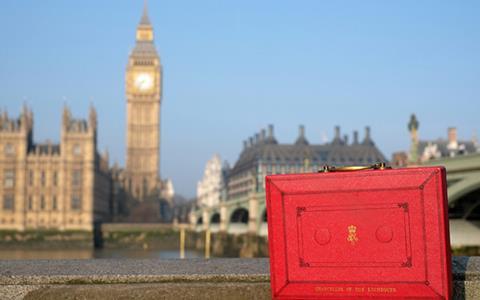
The era of austerity is definitively over after Chancellor Rishi Sunak delivered a Budget full of spending commitments – even before the £30bn stimulus announced today to help the country cope with the effects of the threat of coronavirus.
It is hoped the financial stimulus will boost economic activity and consumer spending, but the specific measures were rather more mixed for the grocery industry – which will welcome the freeze in booze duties, but lament that once more the thorny issue of businesses rates was kicked down the road for all but small businesses. The industry will face a new tax on plastics, too.
What were some of the key announcements for the grocery industry?
Coronavirus
The Chancellor spent the early part of his speech detailing a raft of measures to help mitigate the “temporary disruption to our economy” from the spread of the coronavirus. Most notably for grocery businesses and workers was bringing the start of statutory sick pay forward to be paid from day one rather than the fourth day of illness. The government also pledged to help SMEs cope with the costs related to 20% of staff potentially being sick, by refunding sick pay up to 14 days, which could be worth £2bn. Additionally, the government is launching a temporary loan scheme with banks, underwritten by government, to release working capital to SMEs affected by coronavirus business interruption.
Business rates
The Chancellor provided welcome relief to smaller retailers on businesses rates. He announced the abolition of the entire tax for retailers with a rateable value of less than £51k as well as potential cash grants of £3k per business.
“The £3,000 grant will be of great benefit to over 18,000 of the smallest convenience stores who mostly trade in rural and isolated areas, helping them to continue providing an essential service,” said ACS CEO James Lowman.
However, there were no business rates changes for larger retailers, with yet another ‘fundamental review’ of the system announced to be concluded in the autumn.
Fuel duty
Fuel duty will be frozen, in a boost to forecourt operators. However, tax breaks on ‘red diesel’ will be ended in 2022. Agriculture and fishing will be exempt, but the measures will be a blow for haulage businesses and food producers and retailers.
“Removing access to red diesel for cold chain hauliers adds £150m of costs to the businesses we rely on to keep our food safe,” said Cold Chain Federation CEO Shane Brennan.
Plastic tax
A new plastic tax will be introduced in April 2022, levied at £200 per tonne of plastic made from less than 30% recycled materials. Sunak said the tax would increase the use of recycled plastic in packaging by 40%, which is “equal to carbon savings of nearly 200,000 tonnes”.
Alcohol duty
Alcohol producers and sellers will raise a glass to the freezing of duty on spirits, beers and wines. The government will continue to lobby against US tariffs on scotch imports and will spend £1m to promote Scottish food and drink exports.
Minimum wage
A new remit for the Low Pay Commission will be given for the national minimum wage to be two thirds of median earnings – potentially hiking it up to £10.50 an hour by 2023.
Tampon tax
Now the UK has left the EU, the tampon tax will be abolished, with no VAT on women’s sanitary products.
Other measures
There will also be a cut in entrepreneurs’ relief from £10m to £1m, R&D expenditure increases and £175bn of extra infrastructure spending.
Despite this ‘giveaway’ Budget, the Office for Budget Responsibility has downgraded the UK’s GDP growth prospects to 1.1% from 1.4% this year – even before coronavirus impacts – before bouncing back to 1.8% growth in 2021.







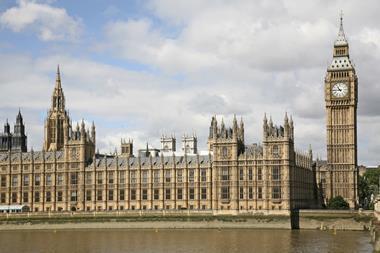
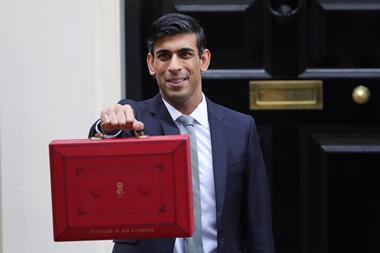
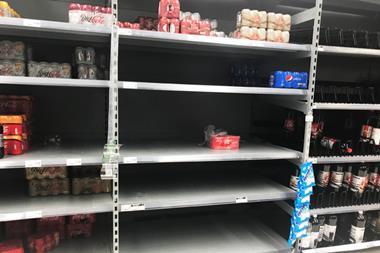
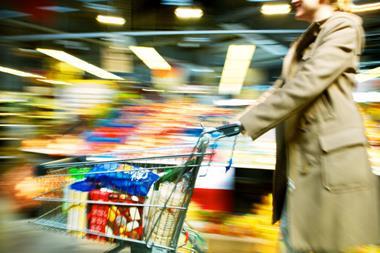
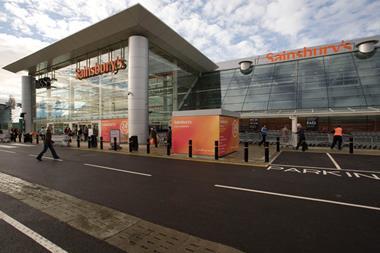
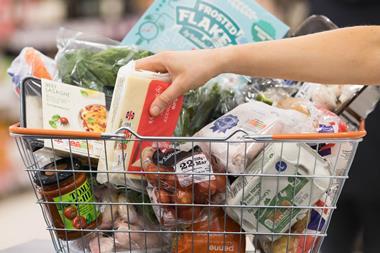






No comments yet